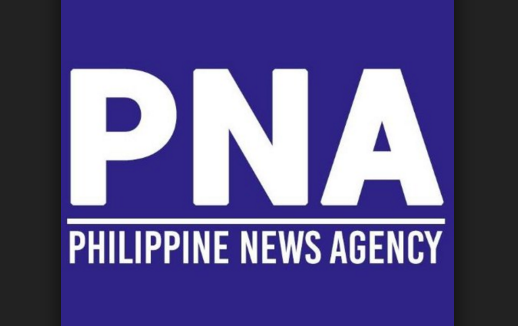MANILA, Philippines – The state-run Philippine News Agency (PNA) has apologized for the publication of erroneous reports on its website, stressing that it never intended to spread fake news, which is among the criticisms being hurled at the Duterte administration.
“While there have been lapses in our judgment, it has never been the policy of PNA to tolerate erroneous report, and it has certainly never been our intention to sow misinformation, much less share what is termed nowadays as fake news,” the news agency said in a statement issued Tuesday, May 30.
The PNA issued the apology after it ran a report last May 27 titled “Urban warfare a challenge for soldiers in Marawi” with a photo of a soldier on patrol, which turned out to be a scene during the Vietnam Resistance War against the U.S. that was sourced from Wikimedia Commons.
“Upon learning of the error, we immediately took the photo down but not before it was shared by our readers and subscribers,” the PNA said.
In another instance, on May 15, the PNA published an article titled, “95 states convinced there are no EJKs in PHL”, which was about the human rights situation in the Philippines as reported in the Universal Periodic Review (UPR).
The news agency acknowledged that Department of Interior and Local Government Assistant Secretary Epimaco Densing later denied saying some of the information in the PNA report.
“As soon as we learned of the error, we held the May 15 report and interviewed Asec. Densing so we could issue an accurate report thus, the story titled, “PHL’s human rights situation commended at UPR.”
“We regret that these mistakes have cast doubt on our integrity as a news agency. Rest assured we have dealt with our erring personnel and that we are reviewing our procedures on reportage as we continue to uphold our commitment to deliver accurate and balanced news reports to the Filipino people and the world.”
‘Bald threat’
Meanwhile, the National Union of Journalists of the Philippines (NUJP) on Tuesday asked presidential spokesperson Ernesto Abella to also warn government-run news agencies and other official sources against spreading fake news.
Last Saturday, Abella urged media practitioners “not to spread unverified or incomplete news items” on the on-going crisis in Marawi City that “can easily be misinterpreted or sensationalized”
But NUJP chairperson Ryan Rosauro said it found it “disingenuous of Mr. Abella to address his appeal solely to – presumably private – media and not include the government’s own news outfits and, especially, the default ‘official sources’ in the civil and security establishments who have often been at loggerheads, making often contradictory pronouncement and, worst, deliberately spreading wrong or totally false information even before the start of the emergency that prompted the declaration of martial law over Mindanao.”
“Do we even need to remind Mr. Abella of the Philippine News Agency’s seemingly deliberate attempt to manipulate the truth through its fake news stories?” the NUJP said in its statement, which was released before the PNA issued its apology.
“And do we need to remind the secretary of President Rodrigo Duterte himself reporting the beheading of a police officer who turned up very much alive a couple of days later?,” added Rosauro.
The NUJP said these were the reasons why the union found it “utterly despicable of Mr. Abella and Armed Forces spokesman Brig. Gen. Restituto Padilla to warn of fake news and threaten censorship or even arrests.”
“(T)o do so is nothing but a bald threat against the freedom of the press and of free expression,” it said.
“No, sirs, you have no call to tell us what or what not, when or when not, to report, especially not if the very government and institutions you serve, which we are obliged to treat as official sources, cannot even ensure the accuracy of the information your provide.”
“Instead, we urge — no, in fact we demand — that you tighten your acts and provide our people with information that is accurate verifiable instead of “such items that can be easily misinterpreted or sensationalized.”










